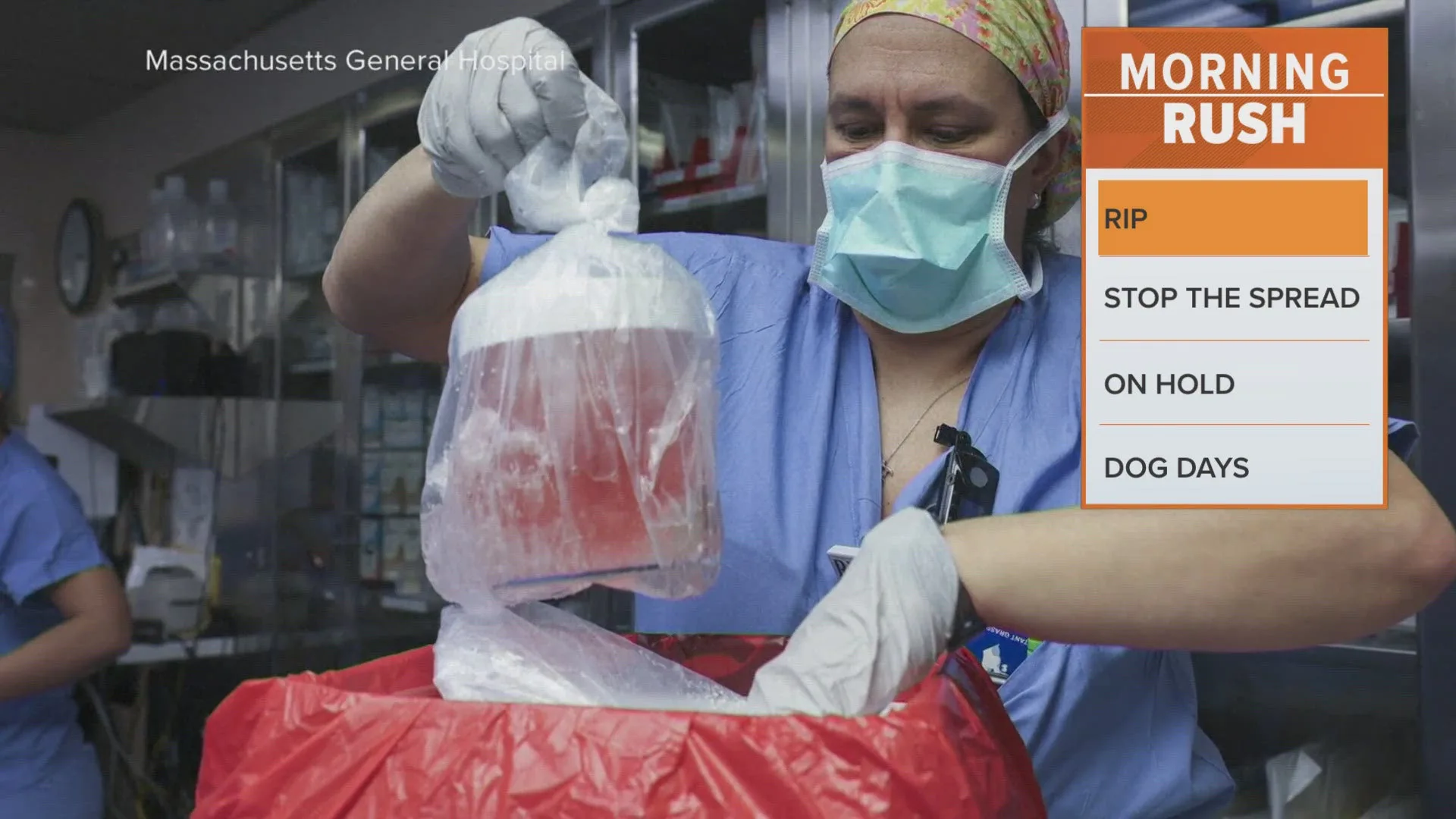Richard “Rick” Slayman, the first recipient of a genetically modified pig kidney transplant, has passed away nearly two months after undergoing the groundbreaking procedure. The transplant, conducted at Massachusetts General Hospital in March when Slayman was 62 years old, aimed to provide a viable solution to his kidney failure.
Surgeons had initially anticipated the pig kidney to function for at least two years. Slayman’s death was confirmed by his family and the hospital where the surgery took place, although there was no indication that his passing resulted from the transplant itself.
Expressing deep sorrow, the transplant team at Massachusetts General Hospital extended their condolences to Slayman’s family. Slayman’s case marked a significant milestone in medical history, as he was the first living individual to undergo such a procedure. Previously, pig kidneys had only been transplanted into brain-dead donors on a temporary basis.
Slayman had faced health challenges before, having undergone a kidney transplant in 2018. However, complications arose last year, necessitating a return to dialysis. When his condition worsened, his doctors suggested the possibility of a pig kidney transplant.
In a statement, Slayman’s family expressed gratitude towards his medical team for their tireless efforts. They acknowledged the additional time they were able to spend with Slayman due to the transplant, emphasizing his enduring hope and optimism.
Slayman’s decision to undergo the procedure was driven by a desire to offer hope to the thousands of individuals awaiting transplants. His family believes that Slayman achieved this goal, leaving behind a legacy of resilience and inspiration.
Xenotransplantation, the process of using organs from animals to heal human patients, has faced numerous challenges in the past due to immune rejection. However, recent advancements, including the genetic modification of pigs to make their organs more compatible, have renewed hope for patients in need of life-saving transplants.
Despite these advancements, the demand for organ transplants remains high, with thousands of patients on waiting lists each year. Slayman’s case underscores the ongoing need for innovative solutions to address this critical healthcare issue.



